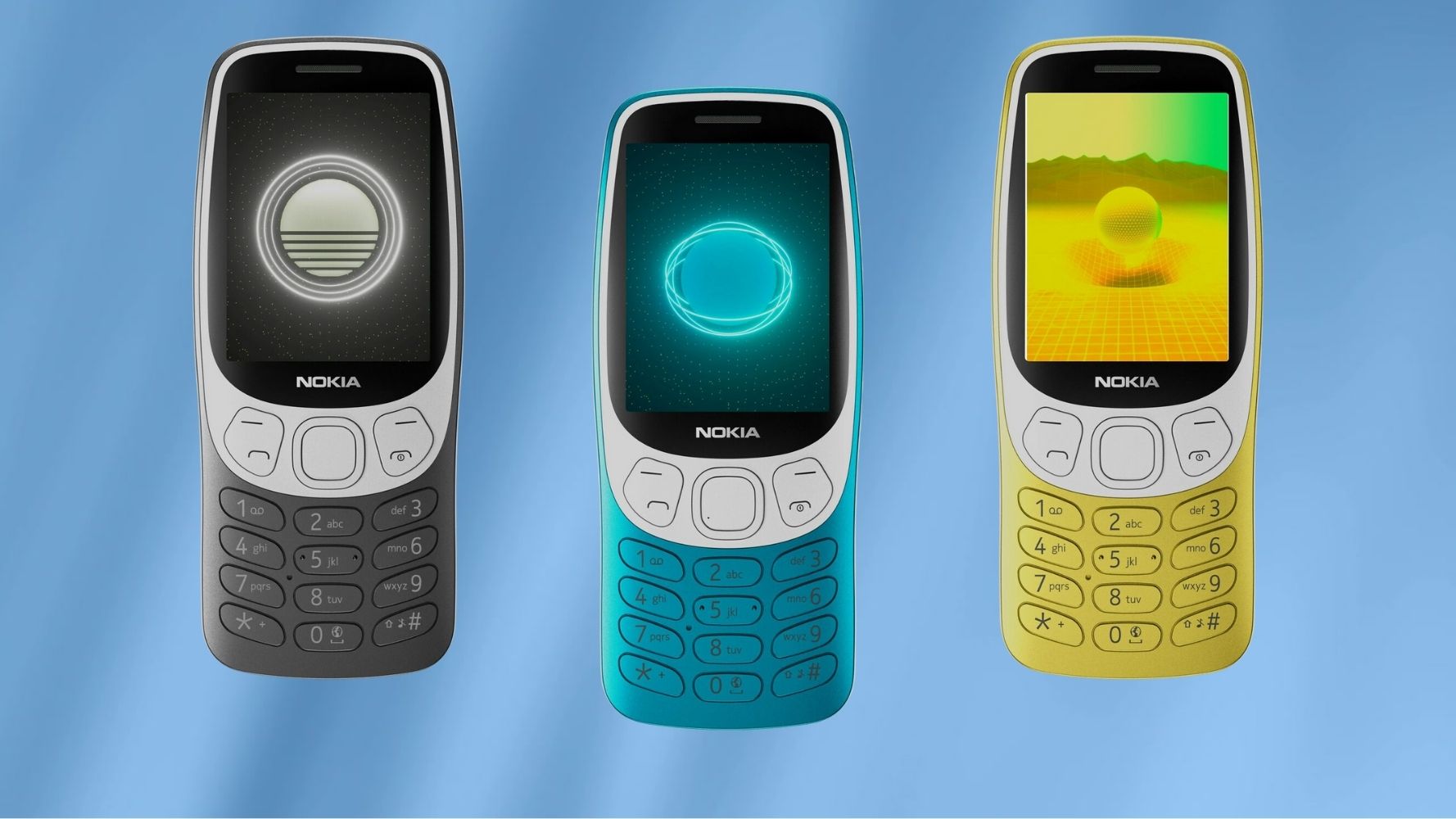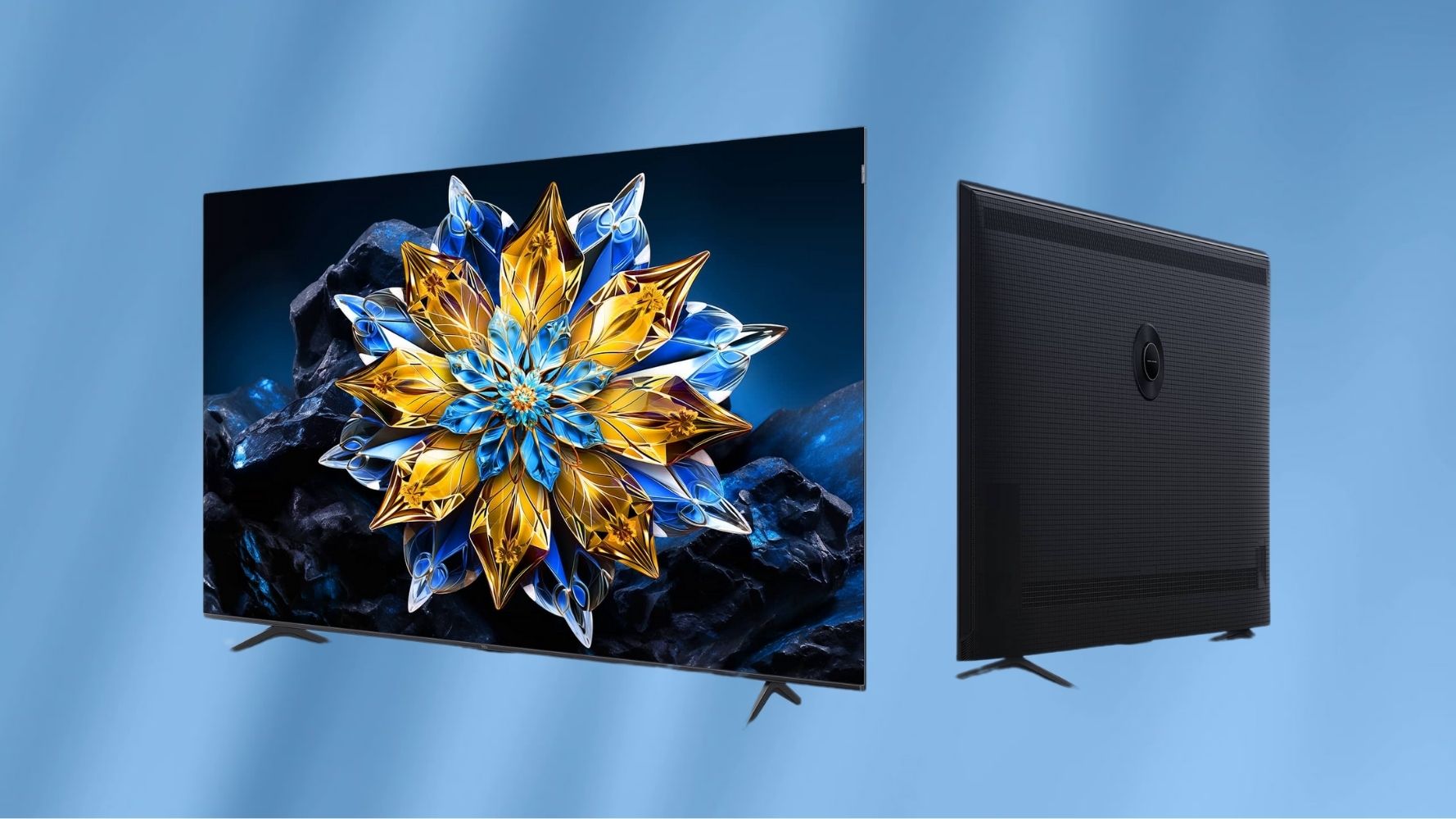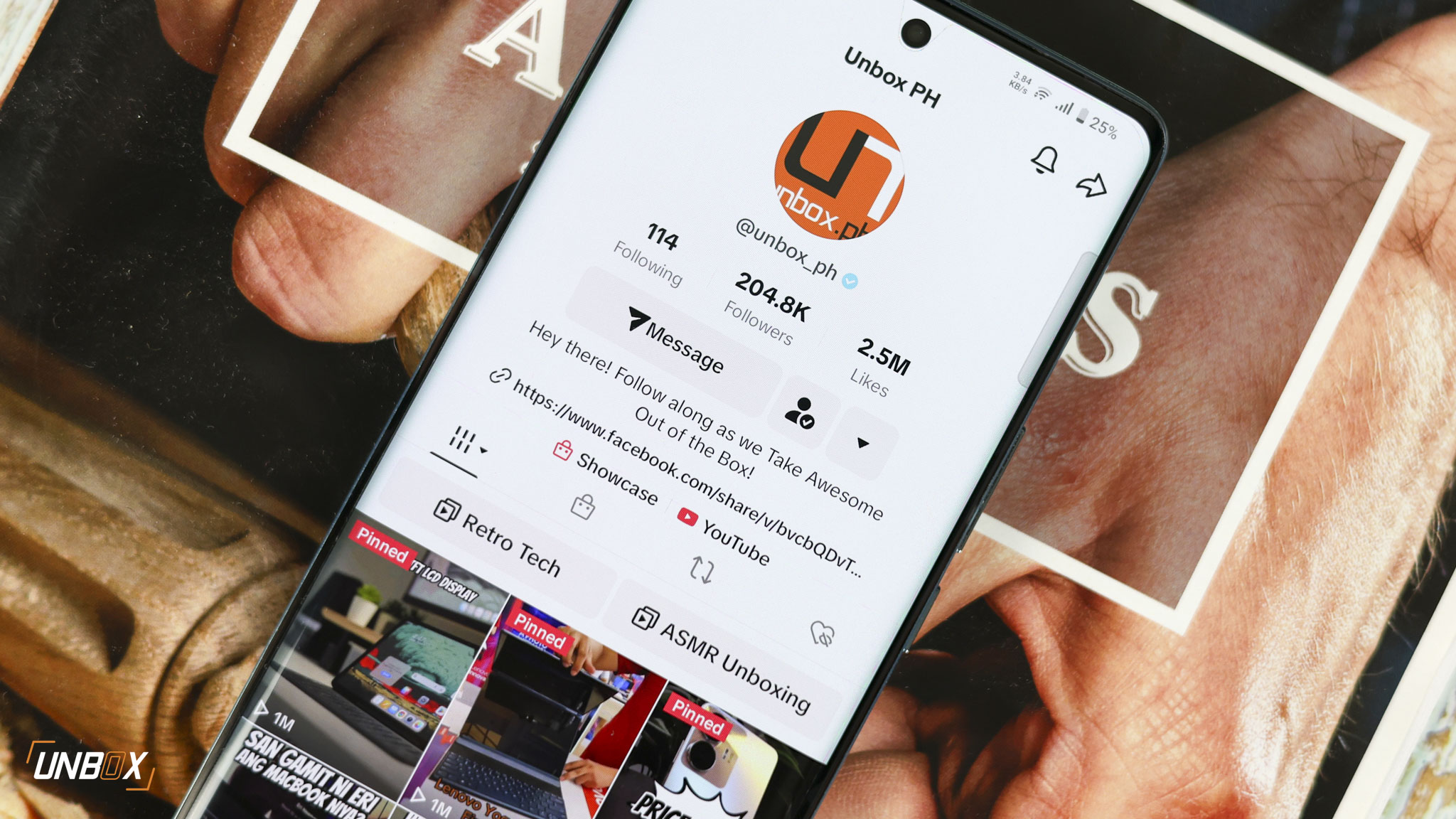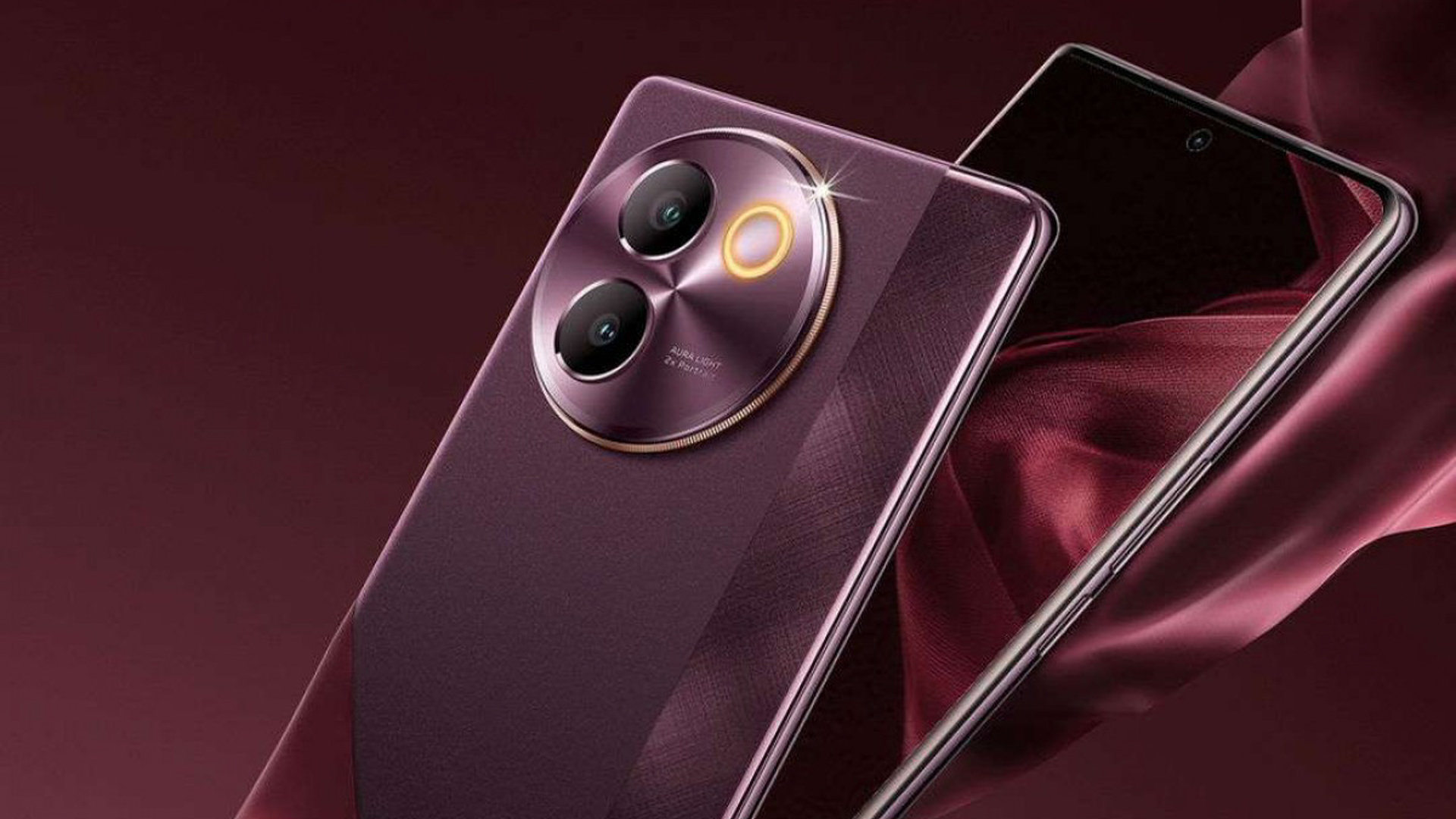Here’s what you can expect in phones next year
It’s the last day of the year today as we close out 2017 with a bang. 2017 turned out to be a banner year for smartphones, with brands releasing interesting new technologies and design trends that not only showed up in flagship phones but trickled down to mid-range devices as well. 2018 is already shaping up to be an interesting year as well, and you can expect these new smartphone techlogies to show up in a smartphone near you in the future:

Folding displays
While Samsung has been promising a phone with a folding display for quite some time, we may finally see a Galaxy phone with that technology this year. But they’re not going to be the only one with the tech, as rival Huawei already announced their intentions to make their own iteration of a folding phone.
As for what it’ll look like, it might resemble ZTE’s already released Axon M foldable phone, though both Samsung and Huawei are looking to utilize a single bendy OLED and AMOLED panel instead of using two IPS panels together for their designs.
Under-display fingerprint scanner
With borderless and 18:9 aspect ratio displays becoming more common, manufacturers are now trying to figure out where exactly to put in the fingerprint scanner in their phones. While rear-mounted solutions are still popular, brands are still trying to find a solution to be able to put the fingerprint scanner in front, positioned right under the display.
Synaptics have announced that there will soon be a smartphone made by Vivo using their under-screen fingerprint scanner tech, and as the company rolls out the technology to other brands you’ll see more and more companies sport the technology in their phones. Synaptic won’t be cornering the market any time either, as Qualcomm has also developed their own under-display scanner utilizing ultrasonic technology. While the chip designer hasn’t exactly announced when their tech will become available to phones, you can expect them to have working prototypes and even production phones within the year.
Vivo, Not Samsung, Will Be First Company To Have A Phone With An In-screen Fingerprint Sensor
Phones with a bigger focus on AI
Huawei’s marketing pitch for the Mate 10 and Mate 10 Pro made a big fuss over AI and how it’ll make your phone faster and smarter. While the overall benefits of a smart, AI-powered smartphone isn’t exactly that tangible right now, you can expect second generation products to have more pronounced effect on how you use your phone. That’s not all – with more focus being put in AI, you can expect AI-assisted features, like smarter autofocus control, better battery management and the like filter down to mid-range offerings as well as flagship devices. You’ll probably won’t have to shell thousands and thousands of pesos for an AI-enhanced smartphone in the coming year.

More cameras, longer zoom
While phones with quad-cameras are now becoming the norm for the mid-range, you can expect even more craziness in the overall number of cameras for 2018. Huawei’s rumored P11 (or P20, depending on who you believe) is rumored to have three cameras on the rear, which isn’t all that surprising, considering how dual-cameras are now defacto features on high-end phones. Huawei has to stand out from the competition somehow, and a triple lens design (color, monochrome, zoom) sounds like the way forward.
What’s even more interesting is the fact that more companies are looking to create an optical zoom solution that’ll surpass the 2x limit that’s on devices currently. OPPO had an interesting periscope solution that they earlier showed off in MWC though nothing has come of that particular tech as of yet. Asia Optical has recently announced that they’re making new 5X optical zoom lenses for smartphones, which should be ready come Q3 of 2018.

Augmented reality without Tango
While Google’s Project Tango was an interesting take on Augmented Reality, utilizing specialized, bulky, hardware on phones just isn’t the way to go. Thankfully Google already has a replacement in the works: ARcore, which is already supported in several phones released this year which includes the Google Pixel 2 and Samsung Galaxy S8. Apple is already betting big on AR, and Google is not one to be left out in the cold. You can expect better augmented reality experiences on Android and iOS devices come next year, as Google and Apple battle it out on the AR field.







